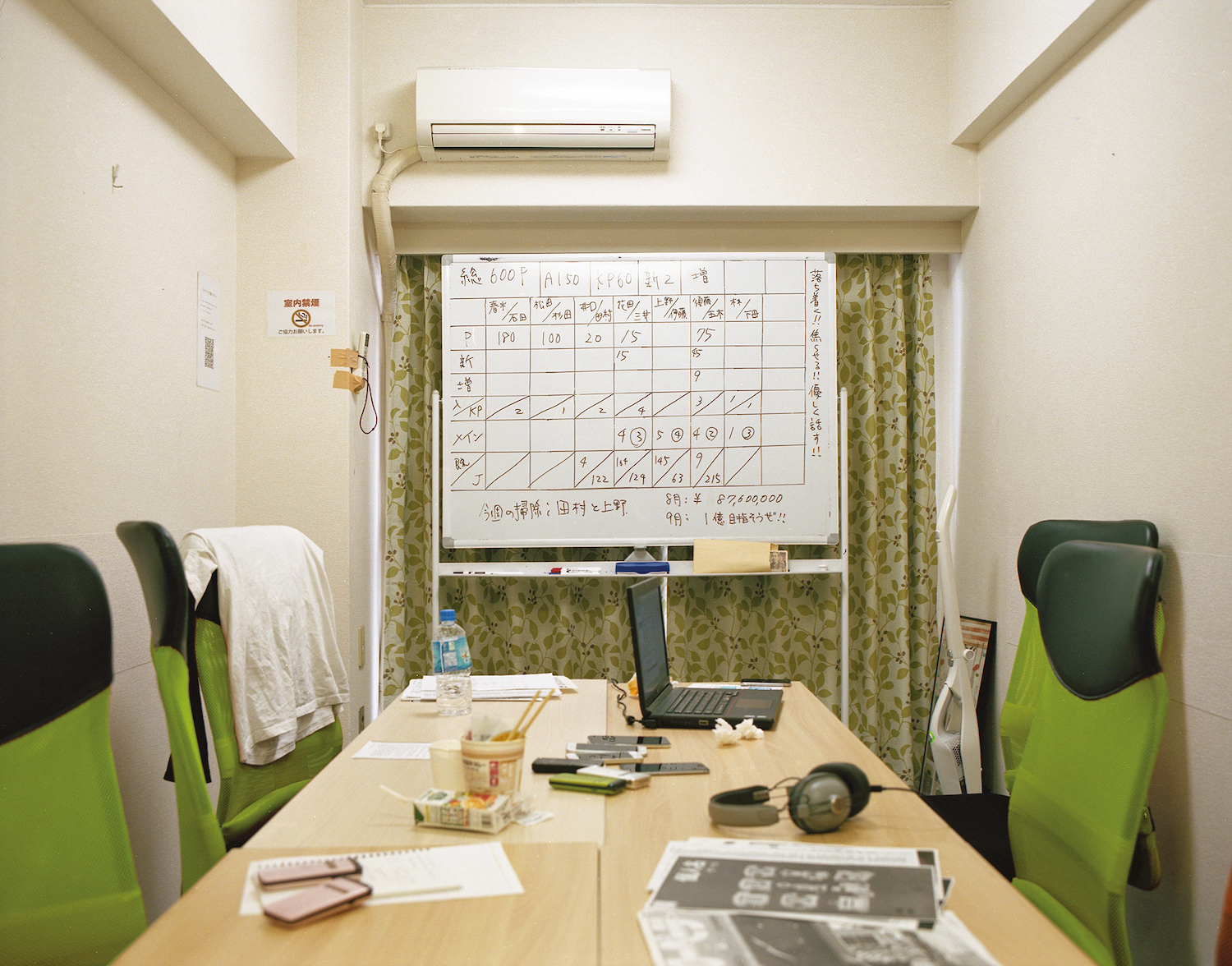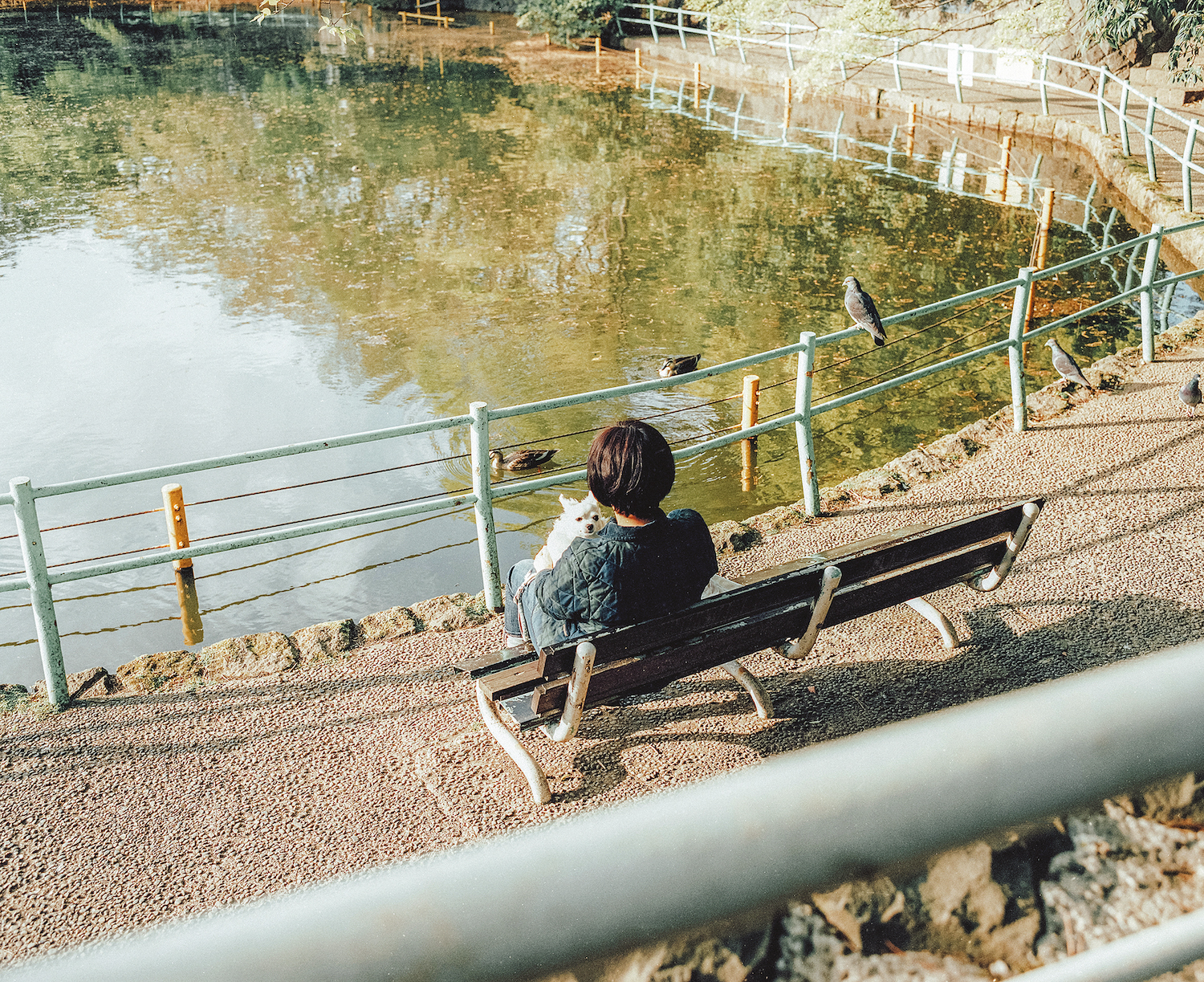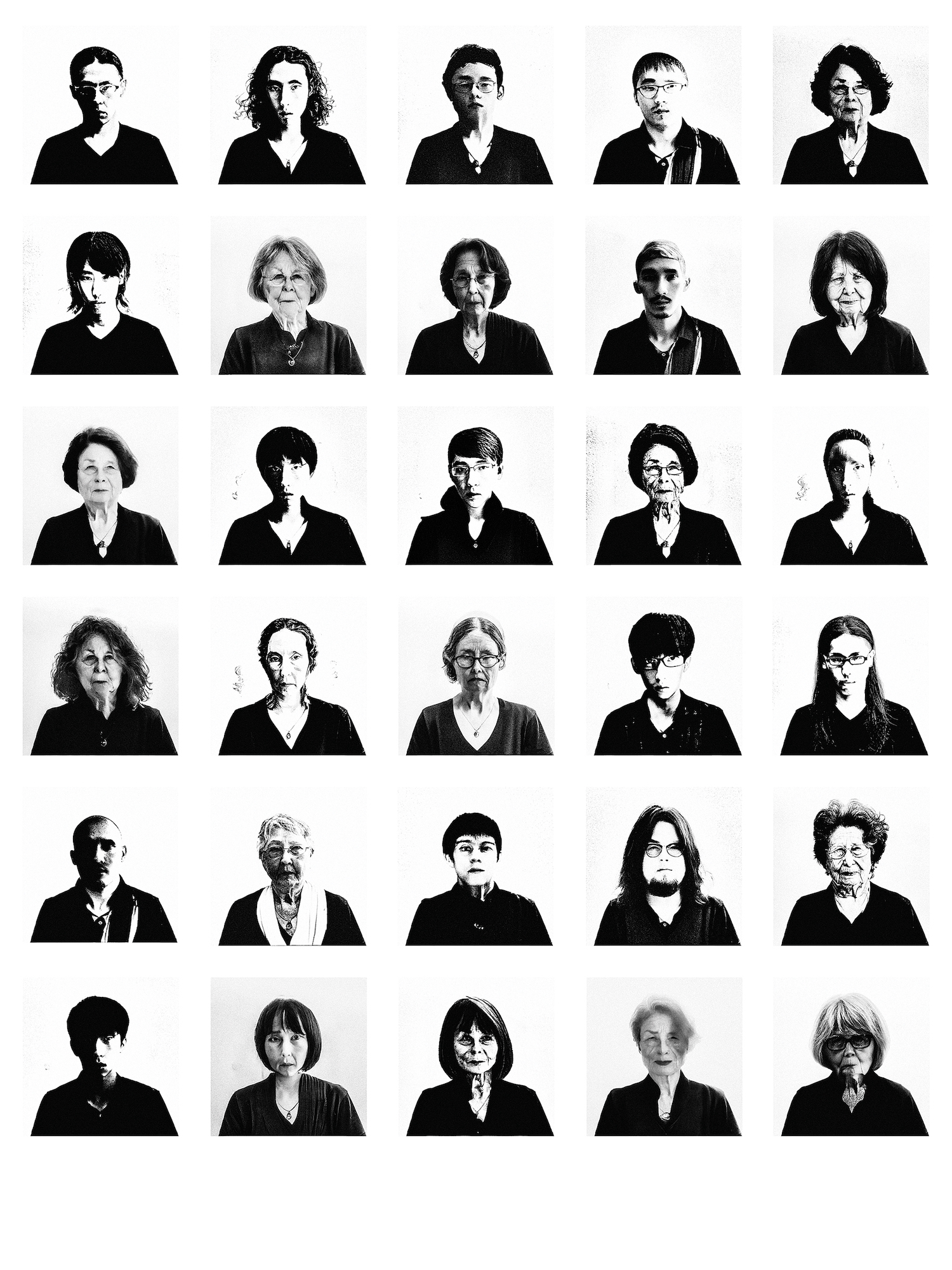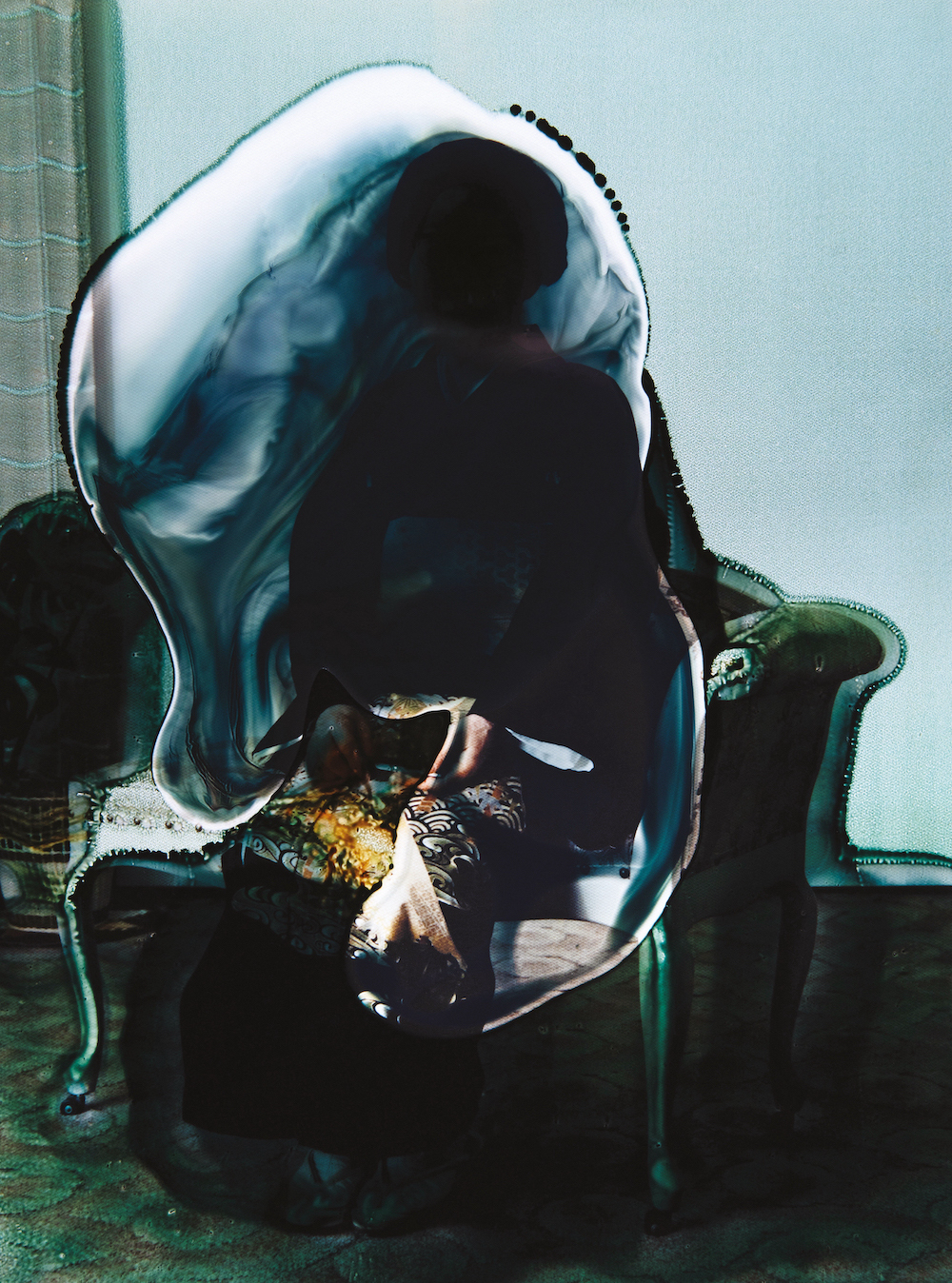Each year, British Journal of Photography presents its Ones To Watch – a selection of 20 emerging image-makers, chosen from a list of nearly 450 nominations. Collectively, they provide a window into where photography is heading, at least in the eyes of the curators, editors, agents, festival producers and photographers we invited to nominate. Throughout the next few weeks, we will be sharing profiles of the 20 photographers, originally published in the latest issue of BJP, delivered direct with an 1854 Subscription.
Chiga’s research-intensive project investigates the phenomenon of Japan’s most notorious telephone scam
“Hello? It’s me, it’s me! I’m in trouble, and I need money.” So begins
the script for one of Japan’s most notorious telephone scams. Known as ‘Ore-Ore Sagi’, which loosely translates to ‘It’s me, it’s me! Scam’, its perpetrators pose as relatives in distress, targeting the country’s elderly population and tricking them into paying out large amounts of money, which are swindled into fraudsters’ bank accounts.
“Everyone in Japan knows about these scams,” says Tokyo-based Kenji Chiga, whose latest project, OS – a colloquial abbreviation for the hoax – investigates the phenomenon of this “invisible crime”. Cases of the scam began to skyrocket in 2003 following a prolonged economic recession. According to the National Police Agency, 2020 saw over 6000 reported cases, with victims collectively losing ¥12.6billion, around £82million.
Chiga’s project is research-intensive, but every image is entirely fictional. In one series, he manipulates his own face multiple times using a smartphone app, posing as both perpetrator and victim. In another, he constructs fake crime scenes based on information deduced from news and police reports. Other photographs are printed onto water-soluble paper – a material used by scam groups to destroy evidence – and distorted into abstract renderings. The notion of invisibility, and Chiga’s desire to visualise the faceless victims and perpetrators of a crime committed anonymously, tie the work together.


Later this year, Chiga will self-publish OS as a limited run of hand-bound photobooks. These will include excerpts from his research process and resemble manuscripts. Indeed, OS is a visualisation of almost four years of intense scrutiny, involving gathering newspaper reports, police data and statistics, and reading books, essays, and first-hand accounts by perpetrators who took part in the scam. It is a process that extends to the artist’s earlier projects: happn (2017), which explores the potential of dating apps in Tokyo; Bird, Night, and then (2017), which investigates India’s caste system, and The Suicide Boom (2018), a response to the suicide of Chiga’s friend.
Given the photographer’s scientific background, there is the sense that an innate curiosity drives his meticulous approach. Chiga was born in Shiga prefecture, Japan, in 1982, and photography was a hobby throughout his life, but he did not consider it as a profession until 2015. After graduating with a physics degree from Osaka University in 2008, he travelled to India over several years, between short stints working in call centres and assisting at photography studios.

Motivated by a desire to fully realise his first project, Bird, Night, and then, Chiga enrolled on several documentary workshops and, in 2016, completed a photobook workshop run by Qian Zhao and Yumi Goto, his nominators for this year’s Ones to Watch. “[Kenji] is one of the photographers who comes to mind when I want to present a visual narrative of contemporary social, cultural and historical issues in Japan to the world,” says Goto. “His ability to visualise complex narrative structures is unparalleled.”
“When I was a student, my curiosity was rooted in science and the act of uncovering whatno one else knew,” Chiga reflects. “Gradually, I became more curious about people and their individual stories, and for me, photography is the best way to explore this. As I keep repeating this process, I feel that I want to dig even further.”

